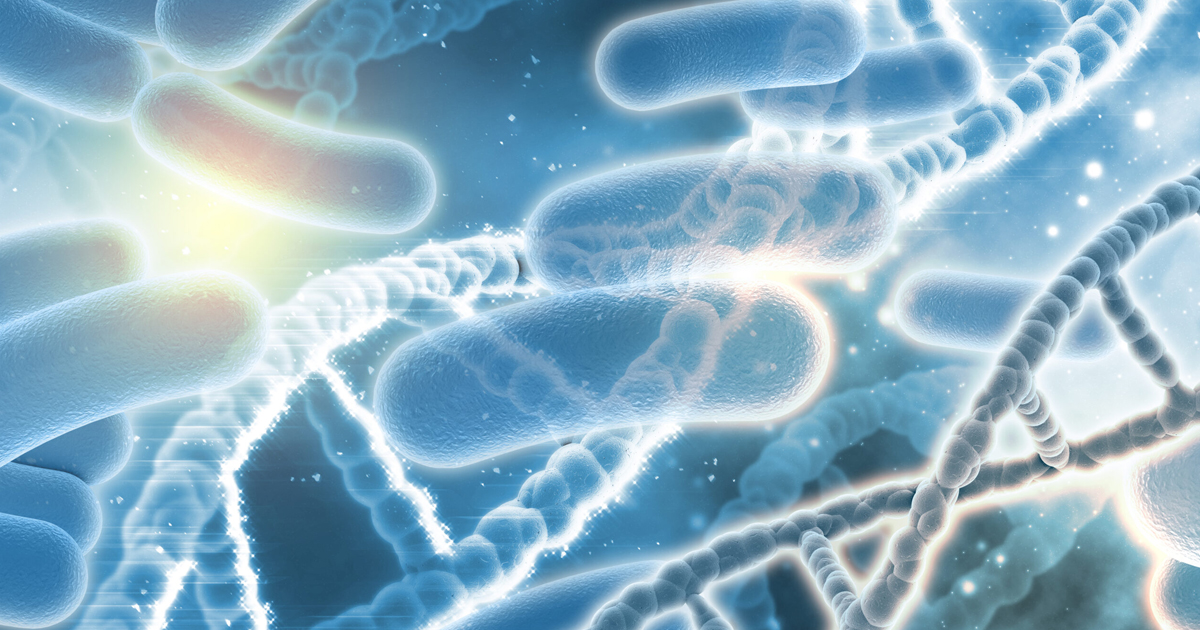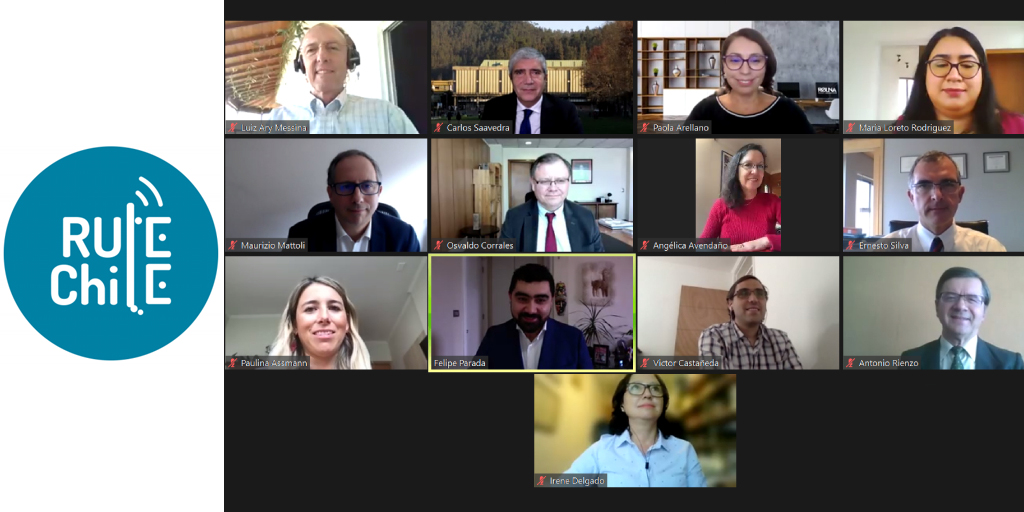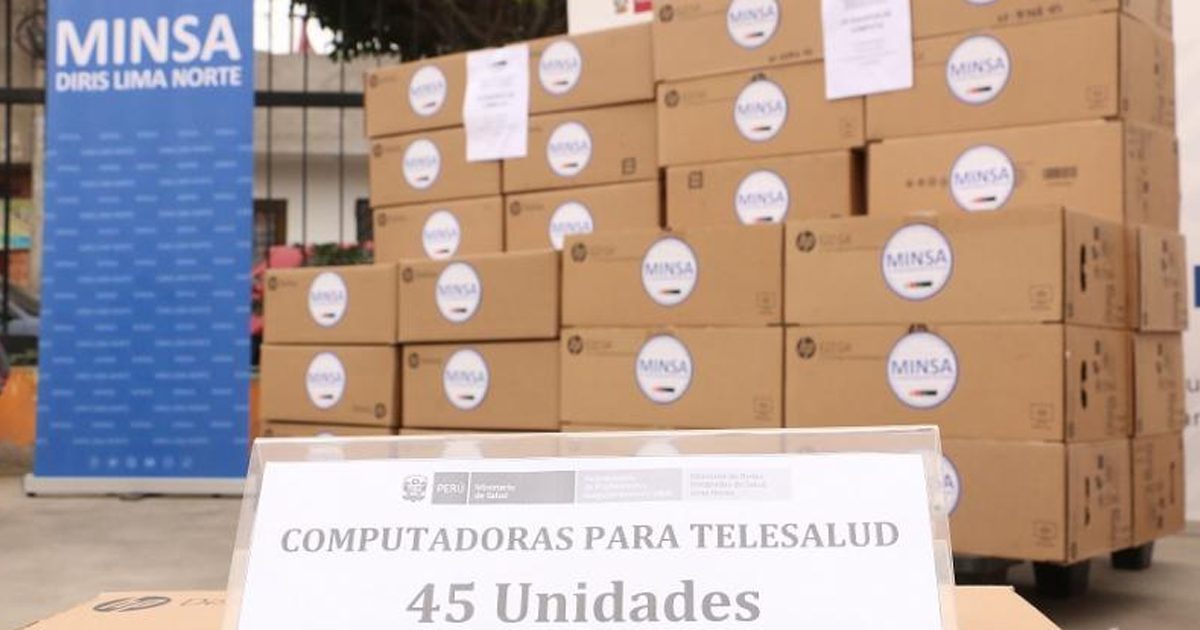Scientists at the University of Copenhagen have developed a method that uses artificial intelligence to identify bacteria found inside and outside the human body.
The scientific community has long investigated whether there is a link between gut bacteria and the occurrence of physical diseases such as diabetes or overweight. However, the large number of existing bacterial species makes research difficult. In response, researchers at the University of Copenhagen developed a technique based on artificial intelligence (AI) for the analysis of bacteria.

“In recent years we have discovered that bacteria have a great impact on the organism. A lot of research is being done in this field, but we have not yet identified all the bacteria found in the human body. Knowledge of bacteria is vital if we are to understand what is going on. That's where our technique can make a difference,” explained Simon Rasmussen, a researcher and professor at the University of Copenhagen who co-authored research published in Nature Biotechnology.
Rammusen and his team recognize the importance of feces to better understand and study the bacteria that pass through the intestines. That's why they developed an AI algorithm, which completes the DNA strands of bacteria in feces. “One gram of faeces contains around a billion bacteria of 500-1000 different kinds. If we are able to reconstruct their DNA, it will give us an idea of the types of bacteria we are dealing with, what they are capable of and what they actually do. It is not the complete picture, but it is a huge step forward. And our algorithm is available to other researcher and free to use,” he explains.
However, the algorithm also contemplates analysis of other substances or objects, for example, for the detection of microorganisms on surfaces. “But the algorithm can not only be used to study bacteria. You could also use it to analyse health data, for example. Say that you are working on increasing our knowledge of specific diseases. To help us do so we can collect an amount of information about the patient group, such as knowledge of their genetics, protein composition, substances in the blood and data from electronic records. Our artificial intelligence can then analyse these very different sets of data and identify patterns and connections. It holds great potential,” explains the scientist.
In the following link you can find the complete study in the scientific journal Nature: https://www.nature.com/articles/s41587-020-00777-4






